Fuchsia: Google's new operating system won't replace Android
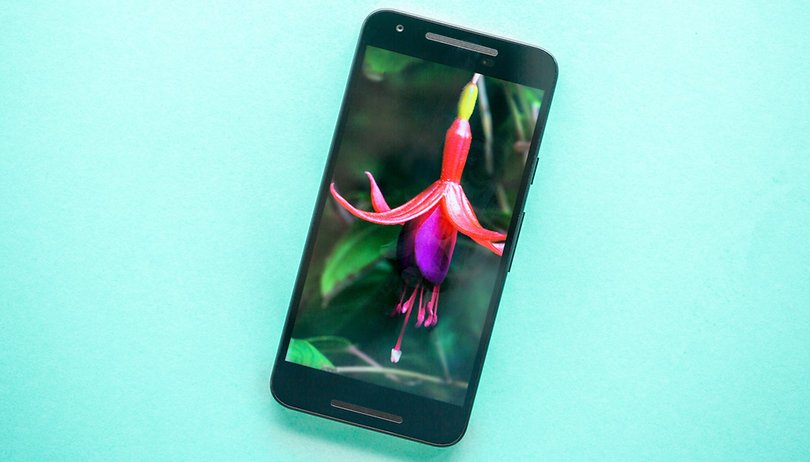

Place Android 7.0 Nougat aside: it is Fuchsia, Google's new operating system, that is making the rounds early this week. Although details of Fuchsia are scant, we know that this OS is not based on the Linux kernel and should maintain some visual features of the Android platform. But what is the search giant’s intention with this project?
- Who said Android had to be innovative?
- The one feature Google Now Launcher is missing
The first thing you need to know about this new OS is that it is the first operating system by Google not to be based on Linux, as Android, Chrome OS and Chromecast all are.
However, as well remembered by Corbin Davenport of Android Police, "the Linux kernel is not ideal for all situations." This is because Linux has a significant impact on the performance of the device, which makes it cumbersome to use in small devices such as a that of a GPS or even the dashboard of a car.
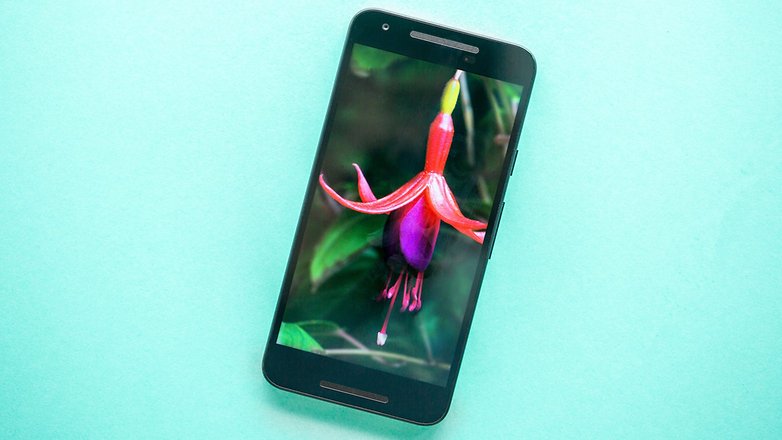
Google has been investing massively in new technologies such as Android Auto and Google Home. Perhaps, to get the most out of the user experience, the company's development team realized the need to create its own kernel (the core system) and reformulate its portfolio of platforms.
Fuchsia: what we know so far
Thanks to the efforts of the Hacker News staff, we have some details about Fuchsia. The new OS will use the "Magenta" kernel based on the "LittleKernel" project.
Magenta is being designed to work on a greater variety of scales, which would allow the use of this kernel in both smartphones and desktop computers without a loss of performance and more security when using features such as the need for a user account and a permission system like what we have in Android 6.0 Marshmallow.
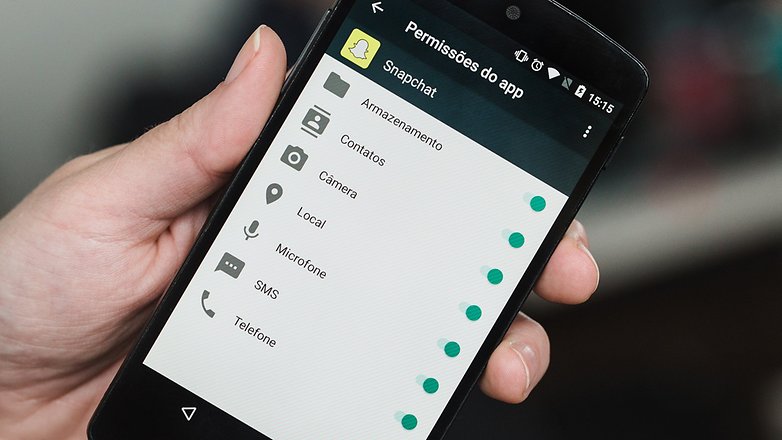
But the operating system itself, Fuchsia, would have a similar interface to Android, as it uses a visual programming language in line with Material Design, or at least this is suggested by a renderer based on OpenGL or Vulkan, which supports light diffusion and soft shadows, key in the visual appearance of Material Design. It is also known that the new OS would support processors with 32-bit and 64-bit ARM architecture, and 64-bit PCs.
Why would Google want to develop a new OS and kernel?
In a conversation between AndroidPIT editors, a number of possibilities emerged in a few minutes, and two of them, in particular, were pertinent. But before we begin to list the reasons for a new mobile platform being developed by Google, it must be said that the search giant is known for hundreds of projects that permeate all research areas of the company, so Fuchsia could just be another experiment used to better the push forward other Google products. Or it could be a product itself.
Google vs. Microsoft
That said, with this new OS, we would have a chance to see Larry Page’s company compete in a fairly objective way with Microsoft, since it would be an alternative to Windows 10 for smartphones and PCs. Thus, with Fuchsia being optimized for use on smartphones and PCs, one of the first possibilities is to see Google perhaps dropping Chrome OS to do what Microsoft has been trying to do for a long time: unify mobile and desktop platforms.
- Android needs these 5 Windows 10 Mobile features
- Why Android is killing Windows Phone
If Google were to succeed with this operating system, the possibilities would be huge, as PC makers such as HP, ASUS, Acer and Lenovo, could start a partnership with the Big G in the area of personal computers.
Google should not retire Android
It is too early to say that Android is about to be replaced, or if Linux can move aside to make way for Magenta on Android, as the OS is one of Google's most successful products. Not to mention that the company would be endangering its formidable relationships in the smartphone arena.
Because we already know that Fuchsia is being developed to be compatible with any device, it’s possible that we will see Google using this new operating system in its new generation of equipment for the home, like Google Home itself, or even thermostats, locks, doors and devices packed on chips too modest to run Android.
So, do you think Fuchsia could replace Android in the future? If so, why?







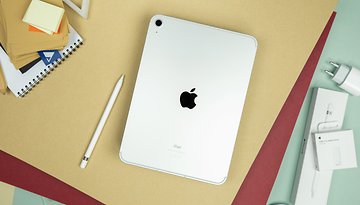
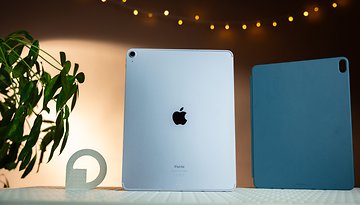
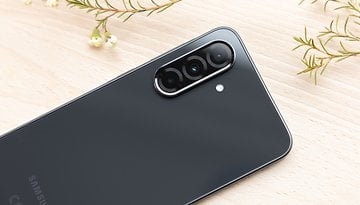
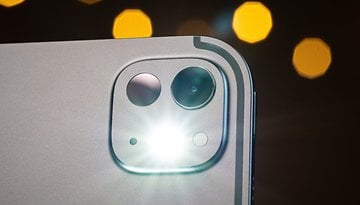
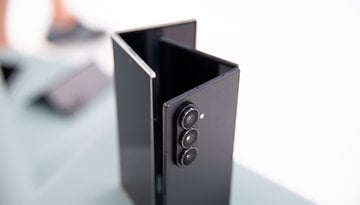
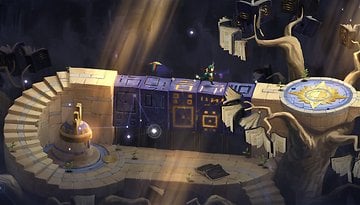



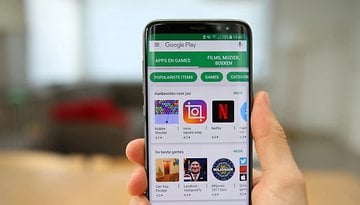
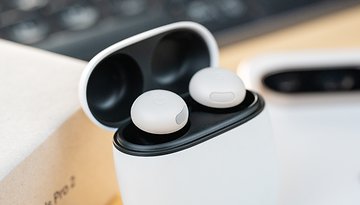


Get rid of Linux is not a good idea
I think it's definitely too early for Google to suddenly switch to a different os than the android one right now because too many people are used to it at this point in time. I also don't like the fact that this new one may potentially not support Chrome, which I am very used to using. Maybe it's a good idea in some ways but they should then introduce it gradually, especially if it will be replacing android on people's smartphones. I am also of the opinion that Google is not just doing this to make certain things better but to make even more money than they already do.
The name aside, it makes sense for Google to use a better OS for PC & IoT. I can see new smartphones that are optimised for this. Android is great but it has its limitations. I'd expect Google to be thinking of the next 10years of development rather than holding on to the past.
Yea especially in terms of IoT, I dont think Android is really made for that. It just makes sense that Google is testing other stuff, who knows if its gonna be Fuchsia (def. not that name tho..) or some other OS thats going to be the new OS of choice.
google cant compete with windows beacause all games are made with windows + the most companys already use windows and dont want to chanhe because it would be a huge effort for them.
Well yes and no. Companies are gonna have a hard time to switch, yes. Considering how many switched their phones from Blackberry to iOS, Android and Windows Phone tells me that its definitely possible if the effort makes sense. But yea it has to make a lot of sense...
As for games: the main issue is that the user base needs to be big enough. If it gets big enough fast theres no issue at all. Considering how slow people switch PCs nowadays I guess thats not really going to happen.
Thing is: I dont think Google is aiming for good ol' PCs with this OS, not at all. They are looking at IoT and stuff, and thats such a new field and still in developement that everything is possible and the door is still open for everyone.
The name is very off to me.
I agree with you. AndroidPIT sounds much better than FushciaPIT.
Hahaha - agreed!